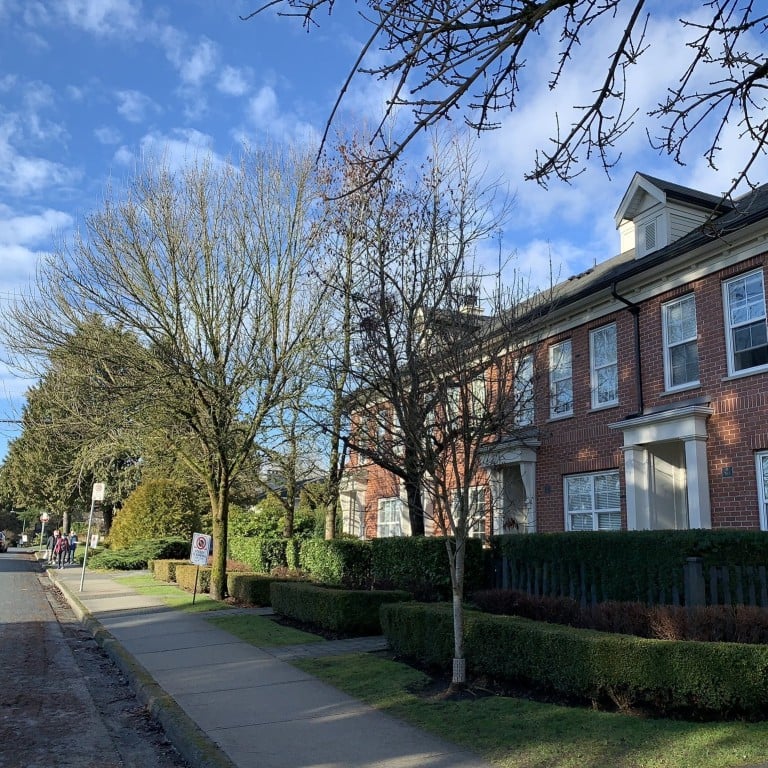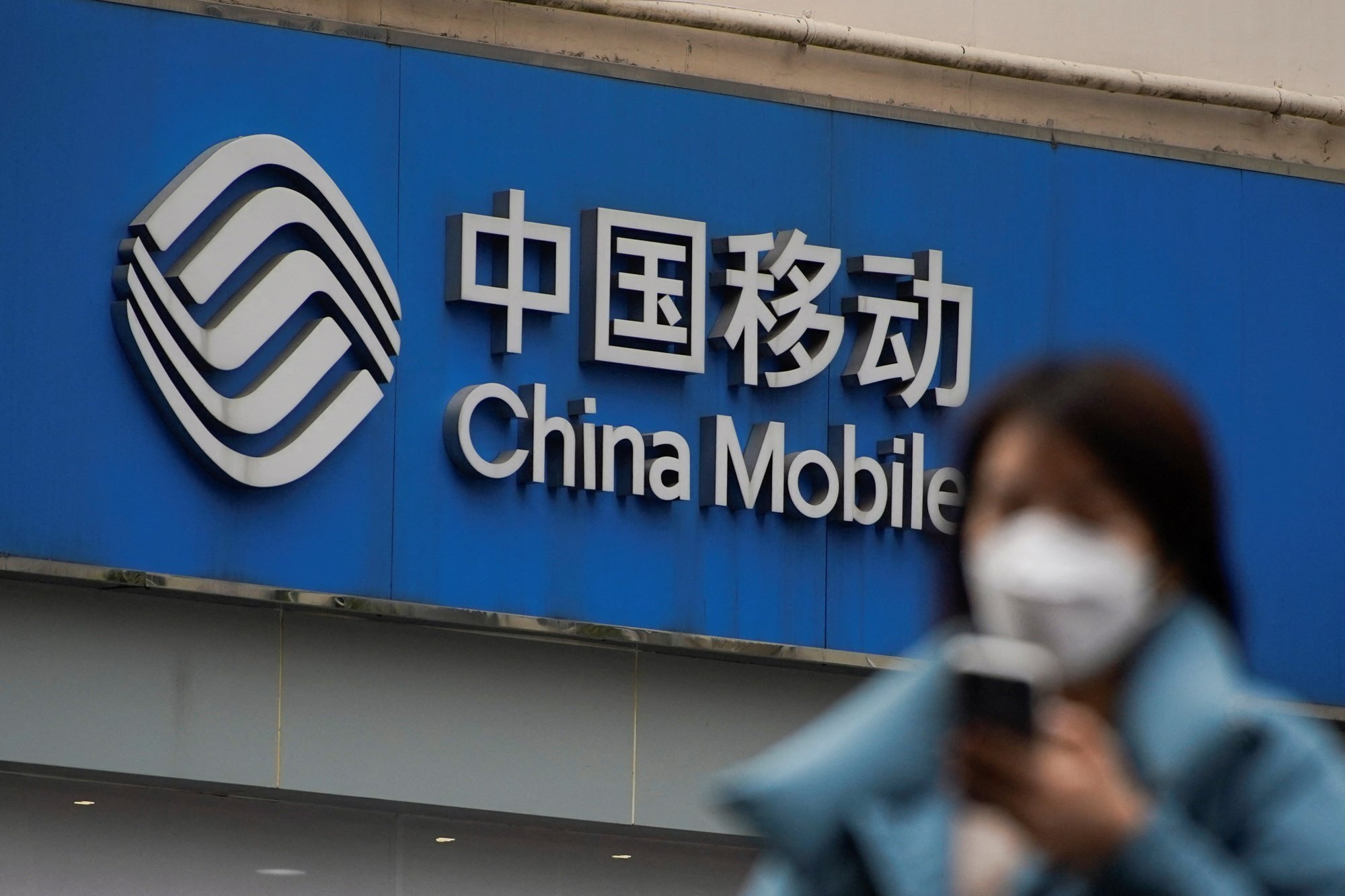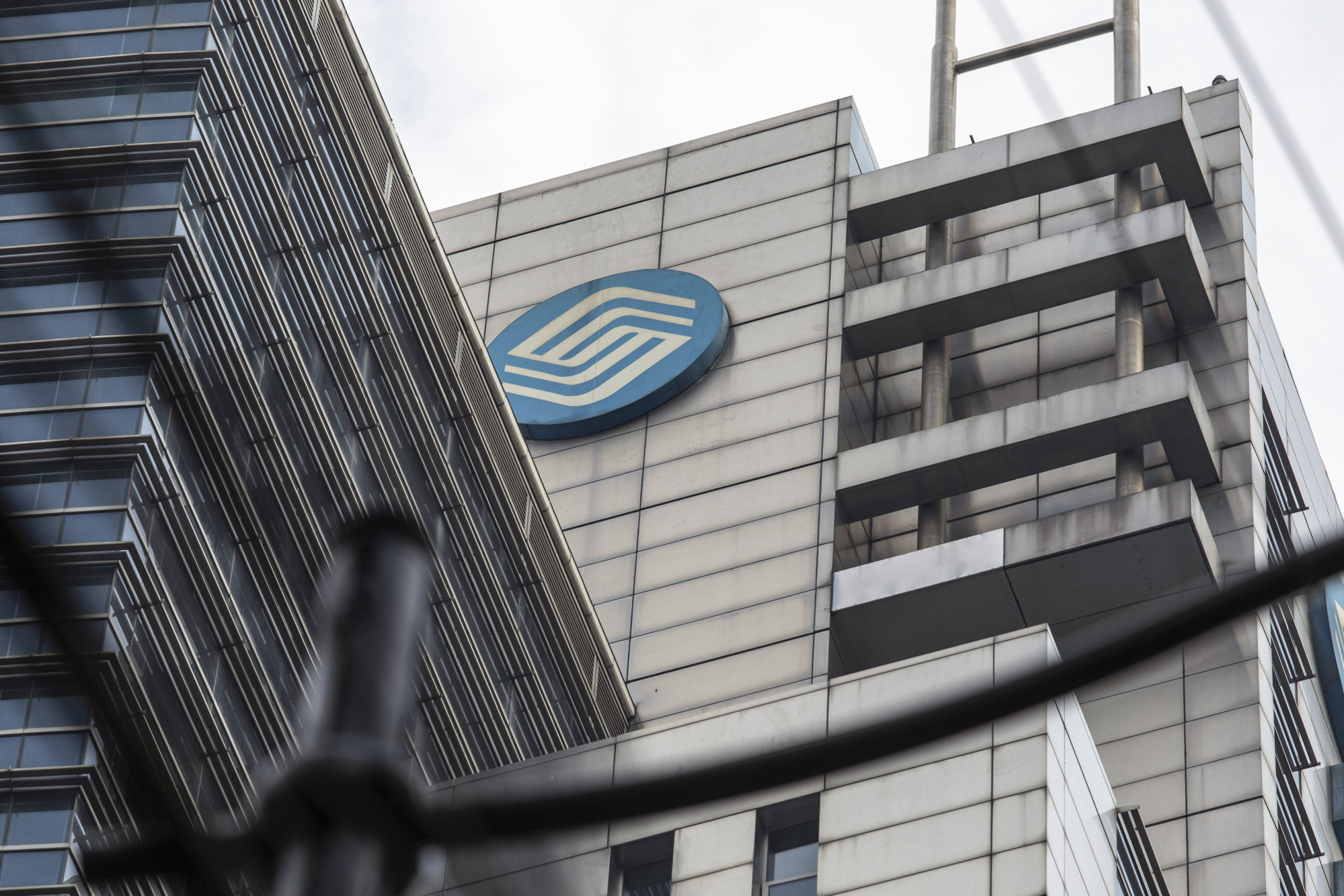
China Mobile lays claim to Vancouver homes it says were bought with fraud funds
- The state-run telecoms giant says in a Canadian lawsuit that former executive Li Xiangdong and his wife are living in Vancouver, having fled China in 2010
- It accuses Li of fraudulent schemes that cost the company about 400 million yuan (US$63 million), and says some of the money was used to buy real estate in BC
Telecoms giant China Mobile is suing a former senior executive it accuses of fleeing to Canada amid an investigation into alleged fraud that it says cost hundreds of millions of yuan, and is laying claim to Vancouver real estate it believes he bought with the proceeds.
Li Xiangdong – whom mainland media nicknamed the “godfather of music” for his dominant role in the musical ringtone and download sector – has appeared on Chinese wanted lists since at least 2015.
He is alleged to have engaged in a series of “fraudulent schemes” from 2004 to 2009 in which he secretly owned and controlled companies that were awarded multimillion-yuan contracts with state-controlled China Mobile.
The allegations against Li, 56, and co-defendant Hong Yao – said to be his wife – are not proven and have not been tested in court.
“[China Mobile Sichuan] recently discovered that Li and Yao are residing in British Columbia and have used proceeds described in this claim (the ‘Unjust Gains’) to purchase real estate and other assets located in British Columbia,” it says.

The lawsuit says Li and Yao are living at two of the properties they are said to own in Vancouver – an apartment on the University of British Columbia campus and a town house in the Oakridge neighbourhood.
Other unidentified property in BC was purchased by Li and Yao with unjust gains, the lawsuit claims. It says the properties are “proceeds of fraud” and are being held by Li and Yao in trust for China Mobile.
The South China Morning Post has obtained land titles that show the two identified properties are owned by a person named “Christine Yao”, which is listed in the lawsuit as an alias for Hong Yao.
China Mobile says Li transferred both properties into his wife’s sole ownership to “defeat, hinder or defraud” the company’s pursuit of the assets.
China’s three telecom companies apply to reverse NYSE delistings
The UBC apartment in a large low-rise complex and the Oakridge row house on a quiet street are worth C$913,000 (US$730,000) and C$1.58 million (US$1.26 million) respectively, according to official BC Assessment valuations.
Both addresses are gated and have digital intercoms that list multiple unit numbers, but not the units in question. Li and Yao are not listed by name, nor are any of their supposed aliases.
The lawsuit seeks “an accounting and tracing of all bribes, profits, commissions and other amounts that Li received in connection with the Wrongful Conduct”, and disgorgement of the assets.
State-run China Mobile is listed in Hong Kong and Shanghai, having been delisted from the New York Stock Exchange in 2021 to comply with a ban introduced the previous year by president Donald Trump’s administration.
Friends, family and a ‘network of companies’
At the time of his alleged misconduct, Li was the manager of China Mobile’s music-related wireless products (“wireless data value-added services”), such as ringtones and SMS products.
The market was vast; by 2007, the sector was yielding annual revenue of more than 14 billion yuan (US$2.2 billion) from China Mobile’s then 350 million customers, according to a report by the firm at the time.
The lawsuit claims Li secretly owned and controlled of a series of firms that were awarded contracts in the sector with China Mobile. But the firms were incapable of fulfilling the contracts, China Mobile says.
Li and Yao established a “network of companies” in the names of friends and relatives, sometimes without their knowledge, to conduct the transactions with China Mobile, the lawsuit says.
[On] or about March 25, 2010, Li and Yao fled China separately, and have not returned to the country since then
In one alleged scheme, China Mobile says Li granted a company called Beijing Xun Jie Ying Xiang Network Co (Xun Jie Co) contracts to build and run China Mobile’s online music portal, and receive a percentage of revenue.
But Li and Yao secretly owned 40 per cent of Xun Jie’s shares, having put them in the name of one of Li’s relatives by “misappropriating” her identity and using the woman’s government ID card without her knowledge, China Mobile claims.
Agreements improperly struck with Xun Jie cost China Mobile 78.7 million yuan, the lawsuit says, and because Xun Jie could not fulfil its obligations, other companies were hired to do so at a further cost of more than 240 million yuan (US$38 million).
Li also took at least US$1.6 million in bribes from Xun Jie, China Mobile says, although this was “by methods presently unknown”.
China Mobile aims for US$8.6 billion in mainland’s biggest IPO for a decade
Another company, Chengdu Yin Xin Hu Dong Technology Company (YXHD Co), was said to have been incorporated in 2005, with shares put in the name of a friend of Li, as well as Yao’s niece, without the relative’s knowledge.
But YXHD Co was controlled by Li and beneficially owned by Li and Yao, the lawsuit says. It received 62 million yuan from China Mobile under contracts awarded by Li.
The total amount that Li and Yao allegedly profited from the various schemes is not mentioned in the lawsuit. However, the “additional expenses”, losses and costs of contracts described in the lawsuit add up to almost 400 million yuan.
Li’s alleged misconduct began to be uncovered by China’s National Audit Office on March 23, 2010, the lawsuit says, when it questioned staff of the music portal project.
The next day, Li is said to have admitted to China Mobile that he used his relative’s ID card to register shares in Xun Jie, and on March 26, the matter was reported to the Chengdu Public Security Bureau.
But by then Li had left Chengdu, according to China Mobile. He flew first to Hong Kong; Yao and her son then flew to Shenzhen, the lawsuit says. “[On] or about March 25, 2010, Li and Yao fled China separately, and have not returned to the country since then,” the lawsuit claims.
Exactly how Li and Yao ended up in Canada is not described in the lawsuit. But it claims that the pair bought the Oakridge town house around January 1, 2007, before Li transferred his share into Yao’s name on or about June 10, 2010, “approximately three months after Li and Yao fled China”.
The current title describes sole owner Christine Yao as a businesswoman.

The UBC apartment – a leasehold property on the campus - was purchased by Li and Yao around December 16, 2009, the lawsuit says.
A title obtained by the Post shows it was once owned by “Xiang Dong Li” and “Hong Yao” before being transferred into the sole ownership of “Christine Yao”.
China Mobile is relying on both Chinese law and BC law for its claims against Li, Yao and two other unidentified defendants, who it says helped them launder the funds.
It wants declarations under Chinese law that China Mobile Sichuan is the beneficial owner of all of Li and Yao’s “unjust gains” and an order for the disgorgement of the assets. In the alternative, under BC law, it seeks a declaration that Li and Yao are holding the assets in trust for China Mobile Sichuan and a judgment for the amounts they received.
It also wants a certificate of pending litigation placed on the UBC and Oakridge homes, as well as compensation or damages.
No trial date has been set, and no response has been made to lawsuit. Neither Li nor Yao could be reached for comment.

